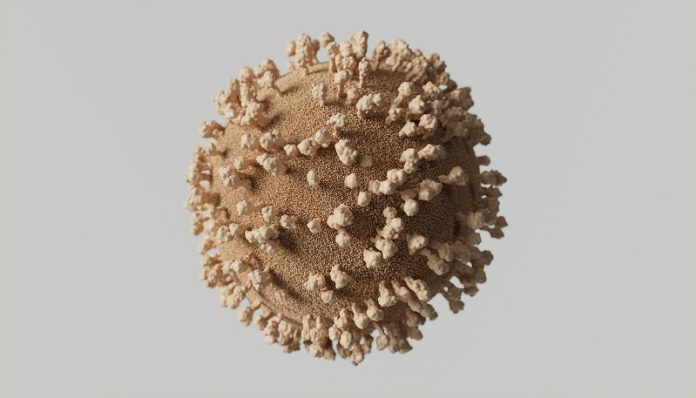
Aging has a significant impact on the immune system, primarily through changes in the thymus, which reduces T cell production.
This decline weakens immune responses, making older adults more vulnerable to infections and diseases.
Additionally, aged T cells have a harder time recognizing and responding to antigens, which further impairs immune defense and memory.
The thymus, a vital organ for T cell maturation, undergoes structural and functional changes over time, further diminishing immune function.
Given these issues, researchers stress the urgent need to explore strategies to enhance immune function in the elderly.
Researchers from Jinan University and Johns Hopkins University, led by Dr. Xiao Sean Leng, published their findings in the journal Aging Research.
Their study delves into T cell development and aging, focusing on thymus development, T cell subset differentiation, and their implications for immune health in older adults.
The study provides a detailed analysis of T cell development, starting with their migration from bone marrow to the thymus. In the thymus, T cells undergo critical selection and maturation processes.
The study highlights the differentiation of various T cell subsets, including conventional naïve T cells, regulatory T cells, effector T cells, and memory subsets, as well as unique subsets like γδ T cells, MAIT cells, and NKT cells.
These subsets play vital roles in maintaining immune function, especially in older adults. The research also explores the impact of thymic involution (the shrinking of the thymus) on T cell functionality. It demonstrates that aged T cells exhibit reduced antigen responsiveness, leading to increased susceptibility to infections and cancers in older adults.
Dr. Xiao Sean Leng, the lead researcher, stated, “Our study sheds light on the intricate processes of T cell development and aging. Understanding these mechanisms is crucial for developing strategies to enhance immune function in older adults, potentially improving their healthspan and resilience against diseases.”
The findings highlight the need for innovative approaches to boost immune function in the elderly. Potential strategies include enhancing thymus function, promoting T cell regeneration, and developing targeted therapies to improve T cell responses. This research paves the way for future studies aimed at mitigating the effects of aging on the immune system, ultimately contributing to better health outcomes for older adults.
By understanding how T cells develop and age, scientists hope to find ways to strengthen the immune system in the elderly. This could lead to new treatments that help older adults stay healthier and more resilient against diseases.
The research emphasizes the importance of continued study in this area to improve the lives of aging populations.
If you care about wellness, please read studies about how ultra-processed foods and red meat influence your longevity, and why seafood may boost healthy aging.
For more health information, please see recent studies about the power of pickle juice ,and time-restricted eating: a simple way to fight aging and cancer.



